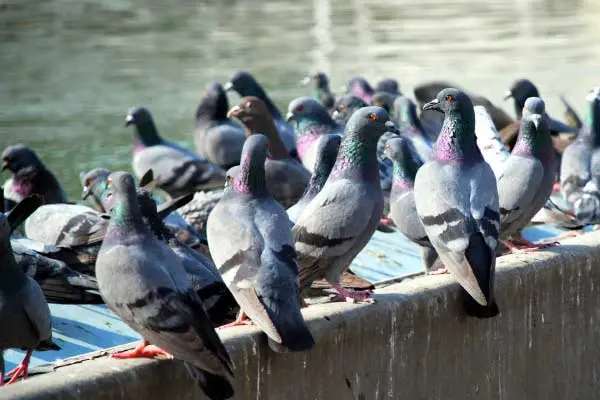Organic pest control products are often preferred by those who want to avoid synthetic chemicals and reduce the potential impact on human health and the ecosystem. Here are some common types of organic pest control products:
- Neem Oil: Derived from the neem tree, neem oil is a popular organic pesticide. It can be effective against a variety of pests, including aphids, mites, and certain types of beetles. Neem oil disrupts the life cycle of insects and acts as a repellent.
- Diatomaceous Earth: This is a fine powder made from the fossilized remains of diatoms (tiny algae). Diatomaceous earth is abrasive to insects with exoskeletons, causing them to dehydrate and die, Organic pest control products are derived from natural sources and are designed to manage pests in an environmentally friendly and sustainable manner. It is commonly used against ants, beetles, and crawling insects.
- Pyrethrin and Pyrethrum: Pyrethrin is a natural insecticide derived from chrysanthemum flowers, and pyrethrum is the dried form of these flowers. These substances are effective against a range of insects and are commonly used in organic insecticides.
- Insecticidal Soaps: These soaps are formulated to control soft-bodied pests like aphids, spider mites, and whiteflies. Insecticidal soaps disrupt the cell membranes of insects, leading to dehydration and death. They are generally safe for plants and animals.
- Beneficial Insects: Introducing or attracting natural predators and parasites of pests is an organic and sustainable method of pest control. Ladybugs, lacewings, and predatory mites, for example, feed on harmful insects and help keep their populations in check.
- Bacillus thuringiensis (Bt): Bt is a naturally occurring bacterium that produces proteins toxic to certain insects, including caterpillars and mosquito larvae. It is commonly used as a biological insecticide in organic farming.
- Essential Oils: Some essential oils, such as peppermint, eucalyptus, and citronella, have insect-repelling properties. These oils can be used to create natural insect repellents or sprayed directly to deter pests.
- Garlic and Chili Pepper Sprays: Mixtures of garlic and chili peppers can be used to create sprays that deter pests. These natural repellents are often effective against a variety of insects.
- Companion Planting: Planting certain crops together can help deter pests. For example, planting marigolds alongside vegetables can discourage nematodes, and basil can repel mosquitoes and certain pests.
The application instructions for organic pest control products must be carefully followed, as effectiveness can vary depending on factors such as the pest species, the stage of the pest's life cycle, and environmental conditions. Additionally, while these products are generally considered safer than synthetic chemicals, it's crucial to be mindful of their potential impact on non-target organisms and the overall ecosystem.

